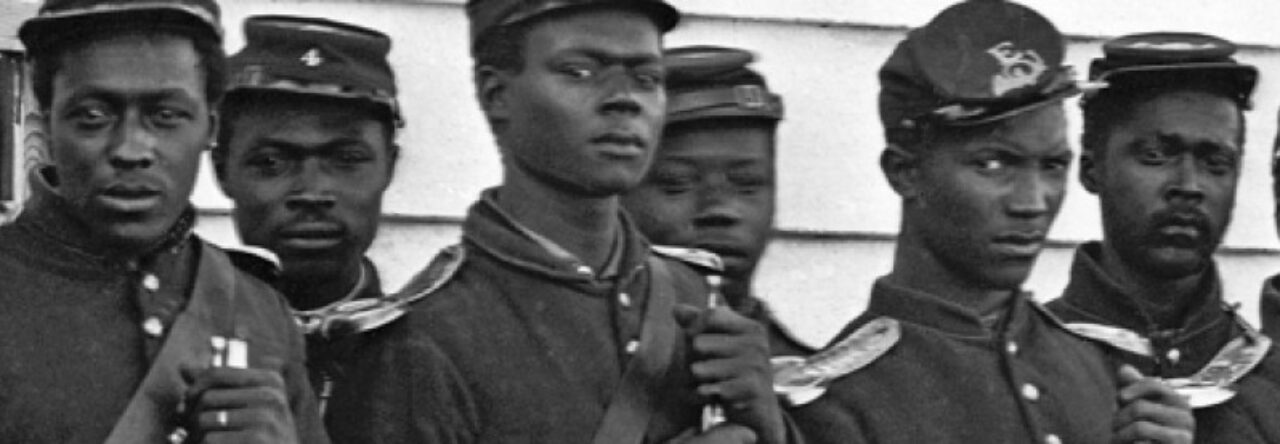I couldn’t help but follow the previous post… no disrespect intended.
Last week I had a chance to meet David Blight, whose work on the Civil War in American Memory I found so captivating. He was here, in Vancouver, to give a talk from his new book, American Oracle. He is as friendly and accessible as one could hope, and as I share with him the status of being ex-patriot Michigan high school teachers, we shared a nice chat about our Tigers going to the World Series.
As a community, public lecture, the audience was a nice mix of people: students, on assignment; high school students receiving extra credit; educators of various stripes and curious members of the citizenry.
At one point he talked about the Lincoln Memorial as America’s oracle, the touchstone of our history. Perhaps, but what got me thinking was the question he threw out to the young students in the room: what’s your oracle? Really, what is it? What is mine? The answer is private, but the thought lingers about the wonderful power of good historical thinking… it can, perhaps should, intermix with the deeply personal to form something akin to a worldview. Or, at least, a point of view. Regardless, the challenge inherent in the question is to move beyond the passivity of data and story collection and into an awareness, if not wholehearted embrace, of the process by which we assimilate history into our own stories.
If “cogito, ergo sum” is true, is not “cogito, ergo ego sum historicus” not the takeaway from his question? “I think, therefore I am a historian.” Aside from the pesky details about historians doing history work, isn’t it also true that historians are truly steeped in their subject? At what point might we, as teachers of history, consider ourselves historians? Do we have to have written an unreadable book with 4,000 footnotes? Maybe. At some point I hope to finish my own unreadable tome. But I don’t think teaching is enough.

Leave a Reply